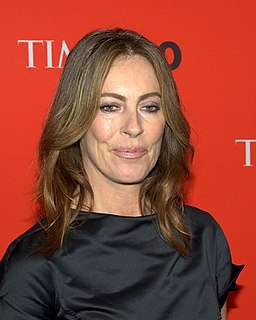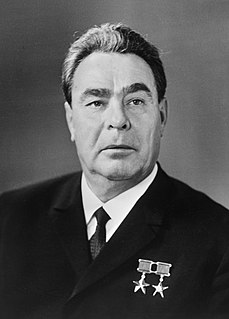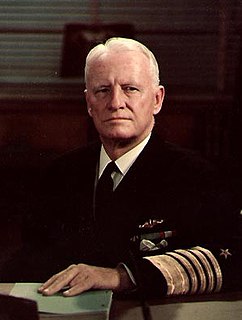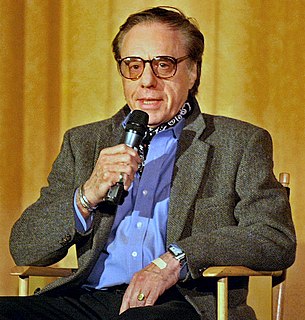A Quote by Kathryn Bigelow
Our film examines the heroism, courage and prowess of the Soviet submarine force in ways never seen before.
Related Quotes
We bow our heads in respect for those Soviet women who displayed exceptional courage in the severe time of war. Never before but during the days of the war the grandeur of spirit and the invincible will of our Soviet women, their selfless dedication, loyalty and affection to their Homeland, their boundless persistence in work and their heroism on the front manifested themselves with such strength.
When I assumed command of the Pacific Fleet in 31 December, 1941; our submarines were already operating against the enemy, the only units of the Fleet that could come to grips with the Japanese for months to come. It was to the Submarine Force that I looked to carry the load until our great industrial activity could produce the weapons we so sorely needed to carry the war to the enemy. It is to the everlasting honor and glory of our submarine personnel that they never failed us in our days of peril.
Few of us will do the spectacular deeds of heroism that spread themselves across the pages of our newspapers in big black headlines. But we can all be heroic in the little things of everyday life. We can do the helpful things, say the kind words, meet our difficulties with courage and high hearts, stand up for the right when the cost is high, keep our word even though it means sacrifice, be a giver instead of a destroyer. Often this quiet, humble heroism is the greatest heroism of all.
Heroes are necessary in order to enable the citizens to find their own ideals, courage and wisdom in the society. The hero carries our hopes, our aspirations, our ideals, our beliefs. In the deepest sense the hero is created by us; he or she is born collectively as our own myth. This is what makes heroism so important: it reflects our own sense of identity and from this our own heroism is molded.
An act of heroism, of extraordinary courage, the grandeur of it, won't easily inspire us to act in imitation, but it can inspire us to emulate its author. For that, we should learn what we can of the whole experience of the subject, the hero's life, as it was before and after, and believe that trying to emulate the character it reveals is one tried way to prepare for the tests that might await us and gain hope that our courage will not be wanting in the moment.
I think one of the reasons younger people don't like older films, films made say before the '60s, is that they've never seen them on a big screen, ever. If you don't see a film on a big screen, you haven't really seen it. You've seen a version of it, but you haven't seen it. That's my feeling, but I'm old-fashioned.
It felt as if we'd been to war together. Deep in a jungle, alone, I had relied on them, these strangers. They'd held me up in ways only people could. When it was over, an ending never felt like an ending, only an exhausted draw, we went our separate ways. Be we were bonded forever by the history of it, the simple fact they'd seen the raw side of me and me of them, a side no one, not even closest friends or family had ever seen before, or probably ever would.
As a matter of fact, although we had some terrible challenges and temptations when I was in office, we never dropped a bomb... we never launched a missile... and we never fired a bullet. I think that one of the main requirements for a strong military, like a strong submarine force, is to prevent war, not to cause war.





































